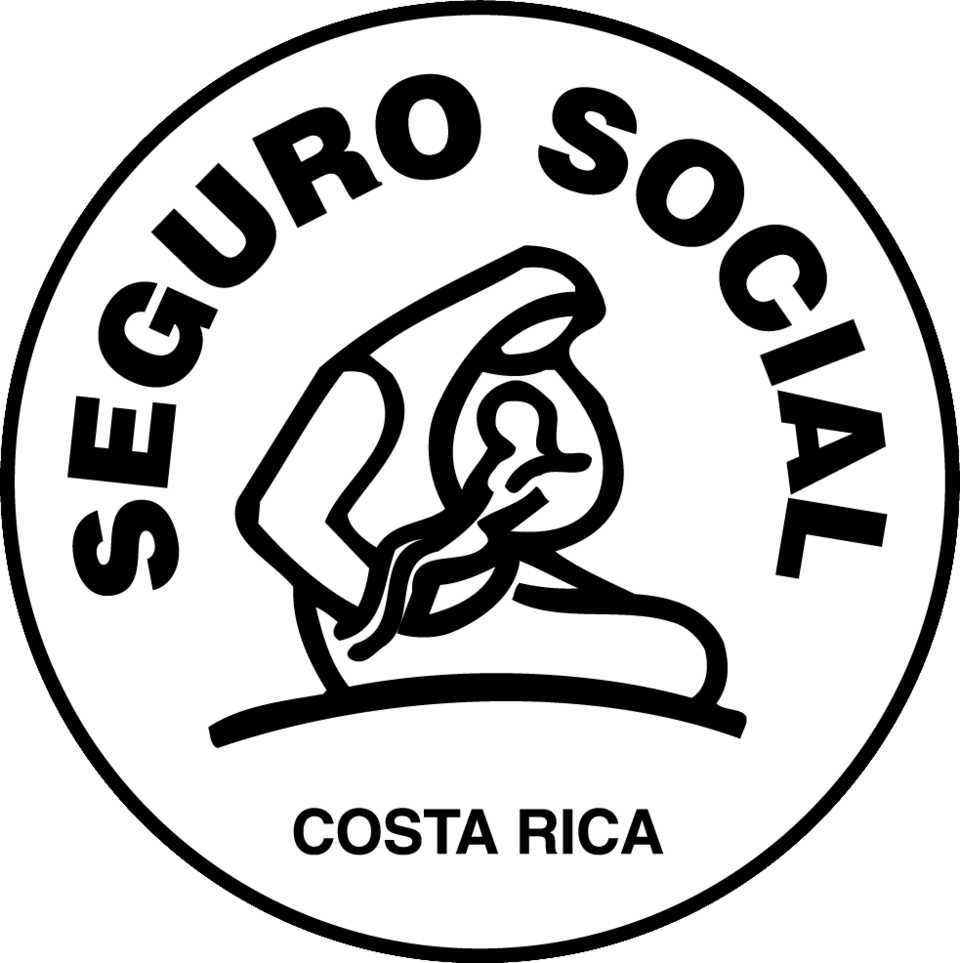Platform Based on Genomics, Bioinformatics, and Artificial Intelligence to Study Pathogens Isolated in Clinical Settings.
Coordinator
Dr. Jose Arturo Molina Mora, Centro de Investigación en Enfermedades Tropicales & Facultad de Microbiología, Universidad de Costa Rica (UCR)
Core Team
- Carolina Chaves Ulate, Centro de Investigación en Enfermedades Tropicales & Facultad de Microbiología, Universidad de Costa Rica (UCR)
- Fernando García Santamaria, Centro de Investigación en Enfermedades Tropicales & Facultad de Microbiología, Universidad de Costa Rica (UCR)
- Daniel Cascante Serrano, Caja Costarricense de Seguro Social (CCSS)
- Sarah Jbara Chakhtoura, Instituto Costarricense de Investigación y Enseñanza en Nutrición y Salud (INCIENSA)
- Vanessa Villalobos Alfaro, Caja Costarricense de Seguro Social (CCSS)
Infectious diseases continue to pose a significant public health challenge, driven by various pathogenic agents. Epidemiological surveillance benefits from the use of molecular tools and high-throughput data analysis technologies—such as DNA sequencing, bioinformatics, and artificial intelligence—which help identify patterns of transmission, clinical presentation, and epidemiological trends. In Costa Rica, there is a clear need to expand systematic studies that integrate these approaches to investigate pathogens in specific contexts.
The project “iPAT” evaluates a proof of concept for a platform that combines genomics, bioinformatics, and artificial intelligence to support and enhance pathogen surveillance, using two main models. The first line is related to the circulation of multidrug-resistant bacteria, including carbapenem-resistant strains, in hospitals. The second model is based on atypical mycobacterial infections in the Guanacaste region. While both infectious events are addressed by existing surveillance systems, this proposal introduces a novel, integrated approach. The project not only validates the platform but also contributes concrete improvements to epidemiological surveillance processes in the country.
Collaborators and publications
- Molina-Mora, J. A., & Herrera-Hidalgo, M. L. (2025). Inteligencia Artificial en Ciencias de Laboratorio: Conceptos, Aplicaciones y Escenario Actual en Costa Rica. Revista Del Colegio de Microbiólogos y Químicos Clínicos, 29(3), 1–13. Link to publication
- Molina-Mora, J. A., Sibaja-Amador, M., Rivera-Montero, L., Chacón-Arguedas, D., Guzmán, C., & García, F. (2024). Assessment of Mathematical Approaches for the Estimation and Comparison of Efficiency in qPCR Assays for a Prokaryotic Model. DNA, 4(3), 189–200. Link to publication
- Molina-Mora, J. A., & García, F. (2021). Molecular Determinants of Antibiotic Resistance in the Costa Rican Pseudomonas aeruginosa AG1 by a Multi-omics Approach: A Review of 10 Years of Study. Phenomics, 1, 3. Link to publication


